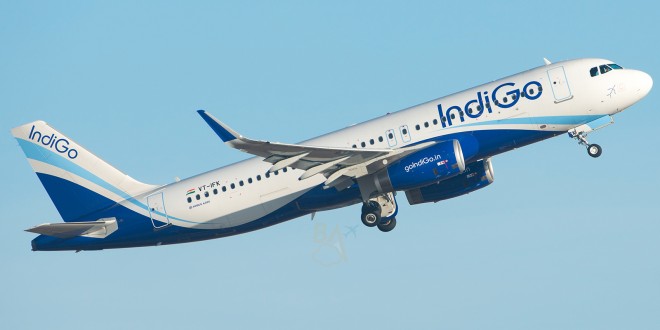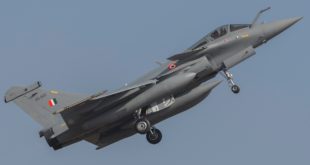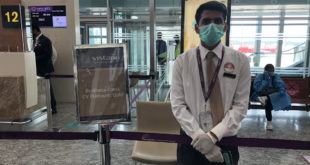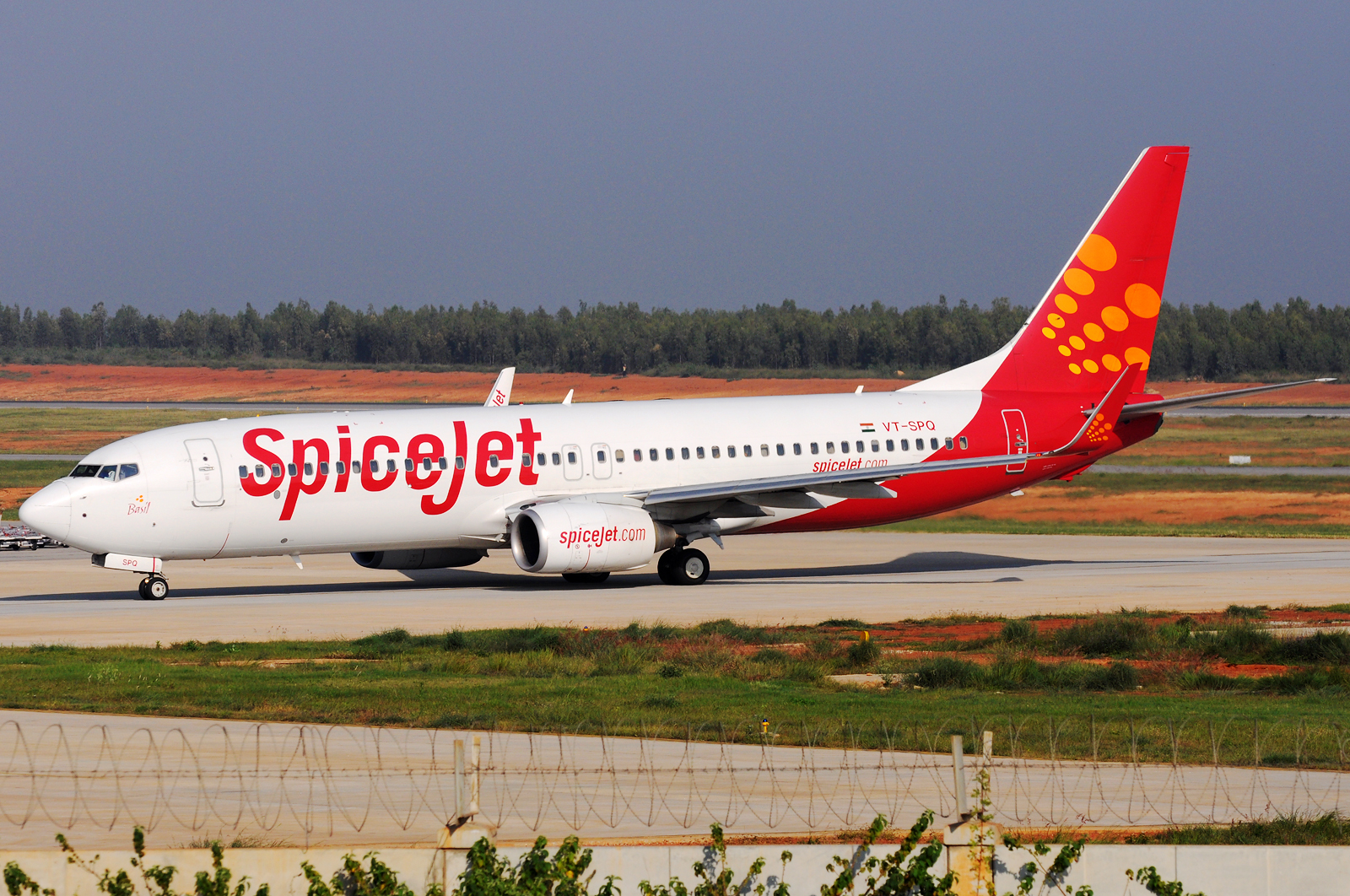Indigo reported its highest ever earnings of Rs 657 crores for the third quarter ending December 31, 2015 of fiscal year 2015-16 which will end March 31, 2016.
With passenger growth of 28% compared to the same period last year, aviation turbine fuel (ATF) prices at an all-time low, and a 20% capacity increase in seats deployed; Indigo had key factors aligned to produce record profits.
Yet, these profits fell short of analyst expectations resulting in a rapid decline in Indigo’s stock price from Rs 1,197 to Rs 968. Concerns on fleet induction as a result of the A320neo (new engine option) delays led to a further tempering of expectations.
Intense competition affected yields but low ATF prices helped keep margins healthy
Cost and Revenue per Available Seat Kilometre (CASK and RASK) are the key income and expenditure measures in the airline business. CASK indicates the cost incurred and RASK the revenue earned by an airline in flying one seat for one kilometre.
Operating revenues for the quarter increased 9.8% to Rs 4,273 crores compared to around Rs 3,891 crores in the same quarter last year. However, intense competition resulted in depressed yields reflected in the RASK which came in at Rs 3.97, a 7.2% drop from Rs 4.32 in the same quarter last year. Indigo’s CASK (excluding fuel) rose significantly, by over 10%. This is indicative of aggressive hiring by the company in preparation for the A320neo fleet that were earlier expected to be delivered starting in December 2015, but are now expected to be delivered starting April 2016.
The delay puts Indigo in a situation where it has surplus pilots on its rolls, costing the company without the corresponding revenue. Indigo also commented that provisions for ESOPs (Employee Stock Ownership Program) added to costs. Costs were further affected by the strengthening of the US Dollar vis-à-vis the Indian Rupee which raises the foreign exchange denominated costs such as lease rentals, maintenance, etc. There was also an increase in Indigo’s tax rate which came in at 29.5%. This is due to the finance leases on 22 of IndiGo’s A320s gradually being exhausted. Finance leases enjoy tax benefits in India as opposed to operating leases which now dominate IndiGo’s leased fleet.
International performance surprisingly declines
Surprising was the decline in IndiGo’s international revenue which was down eight per cent compared to the second quarter. The airline failed to attract more traffic despite an 8.4% decline in passenger yields as compared to earlier quarter. This is a trend reversal as the third quarter (October to December) is traditionally the strongest quarter for India carriers, and with the highest yield.
Currently, the airline serves only 5 international destinations namely, Dubai, Kathmandu, Bangkok, Singapore, and Muscat. Going forward, Indigo is likely to expand its international presence with the increase in its fleet, especially to cities such as Colombo, Dhaka, Kuala Lumpur, etc. that are within the increased flying range of the A320neo and can be integrated into Indigo’s existing network structure.
Higher expectations
This was also the first earnings report subsequent to Indigo’s initial public offering. Presumably, the company did not anticipate the intense scrutiny public companies face. Analysts asked questions ranging from effective tax rates to A320neo induction delays. Despite quarterly earnings of Rs 657 crores, phenomenal by any standard, the revised expectations and immediate crash in stock price has likely caught Indigo by surprise.
Fundamentals remain strong
The fundamentals for IndiGo remain very strong. A strong balance sheet, solid cash reserves, low debt levels, brilliant fleet planning and stable management, all key factors, that continue to chart its success. The company has been able to achieve its highest ever aircraft utilisation rate and has continued to induct more capacity without taking a hit on the load factors. It commands a better yield than its other low-cost peers and a strategy of dominating the markets it flies to continue to bear results. Above all, with zero working capital debt, IndiGo continues to be in a strong financial position to withstand most of the market shocks. All indications are that the company will continue to climb upwards.
Disclosure: Bangalore Aviation’s chief financial analyst, Nupur Sarraf and editor, Devesh Agarwal, own small quantities of Interglobe Aviation shares.
 Bangalore Aviation News, Reviews, Analysis and opinions of Indian Aviation
Bangalore Aviation News, Reviews, Analysis and opinions of Indian Aviation




